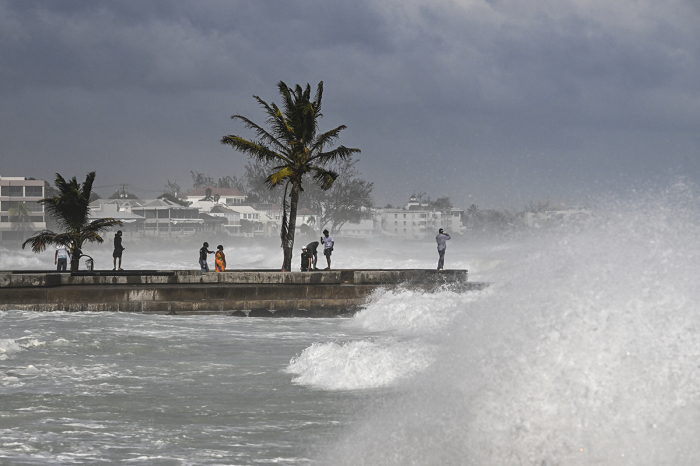'Forced silence’: Barbados may jail citizens for online posts causing ‘emotional distress’

A proposed law being debated in the Caribbean island of Barbados threatens citizens with up to seven years in prison for causing "emotional distress" through online posts, leading to public protests and accusations of silencing free speech.
The Cybercrime Bill seeks to criminalize a wide range of actions under the guise of "cybersecurity," including publishing, broadcasting or transmitting data that is "offensive" or which might subject someone to "ridicule, contempt, or embarrassment," warns the legal advocacy group ADF International.
The bill, which was passed by the House of Assembly in June, is currently under review in the Senate. ADF International argues that the proposed legislation violates international human rights protections for free speech, including the American Convention on Human Rights.
The criteria for offenses are vague, ranging from causing "annoyance" or "inconvenience" to inducing "anxiety" or "substantial emotional distress," the group said.
According to the bill's text, violators could face up to 70,000 BBD in fines (around $35,000) and seven years in prison. The Joint Select Committee, which was supposed to improve the bill after widespread public concern, instead recommended harsher penalties, suggesting sentences of up to 10 years and fines of 100,000 BBD (about $50,000).
Speaking before the Inter-American Commission on Human Rights in Washington, D.C., Donald Leacock, a social media influencer and citizen of Barbados, called the bill "draconian."
"Freedom of expression is blatantly being stripped from us in this draconian cybercrime bill that the government of Barbados is forcing onto the citizens," Leacock said, adding that Section 20 of the bill could lead to prison terms of up to 10 years for merely posting something that could be interpreted as causing "anxiety or emotional distress."
"Should our citizens be thrown in jail for a decade simply for posting something online that the political elite can claim makes them 'anxious' or 'emotionally distressed?'" Leacock asked. "The law's deliberately vague language leaves it open to interpretation, and therefore, abuse. … The government aims to intimidate us into forced silence."
Julio Pohl, legal counsel for ADF International, criticized the attempt to criminalize online content, stating, "Any law that seeks to criminalize online content that is subjectively deemed annoying, embarrassing, or anxiety-inducing is absurd in a free society."
Pohl contends the Barbados government should focus on protecting citizens from real cyber threats, such as hacking and incitement to violence, rather than regulating online speech to spare individuals from "annoyance."




























